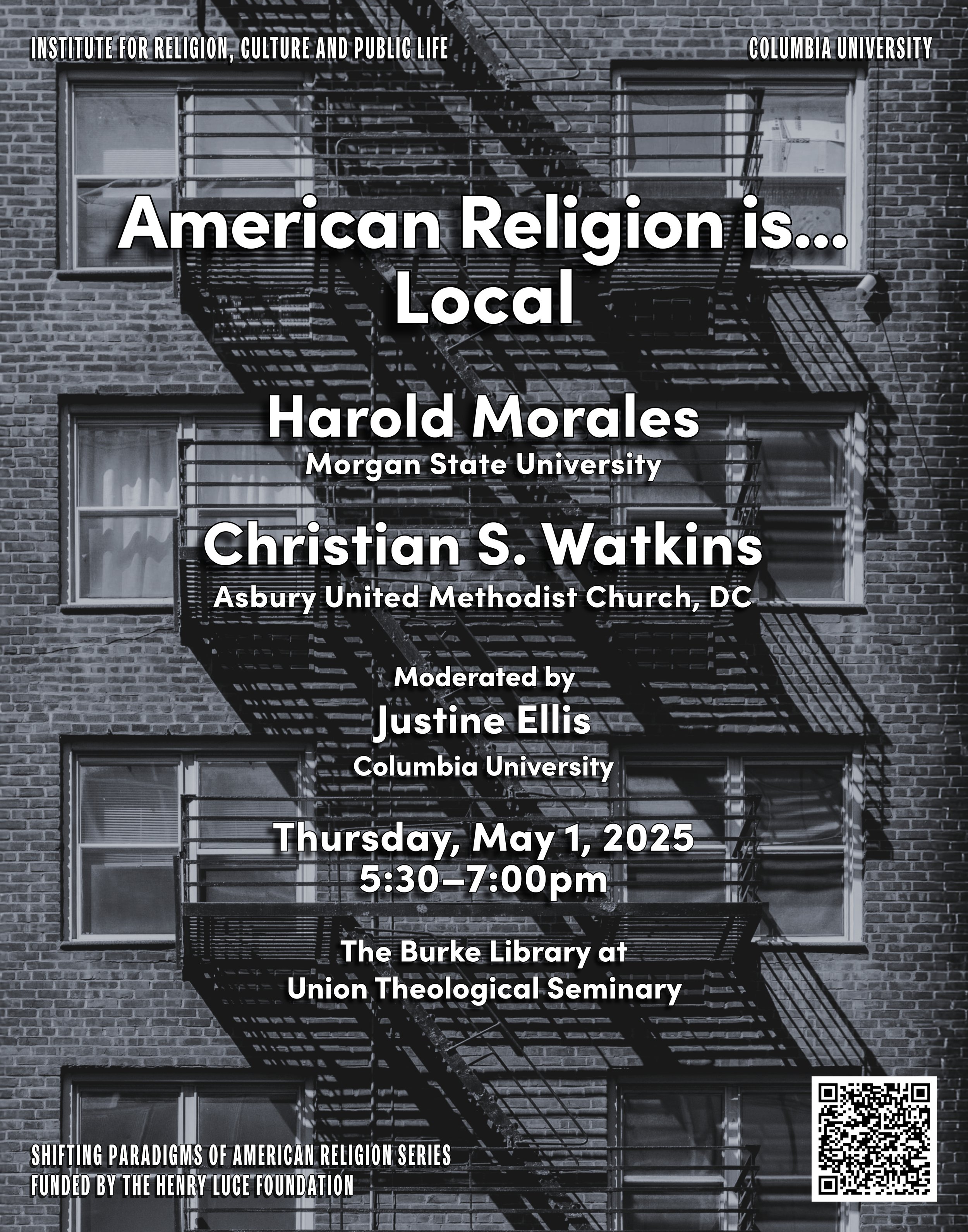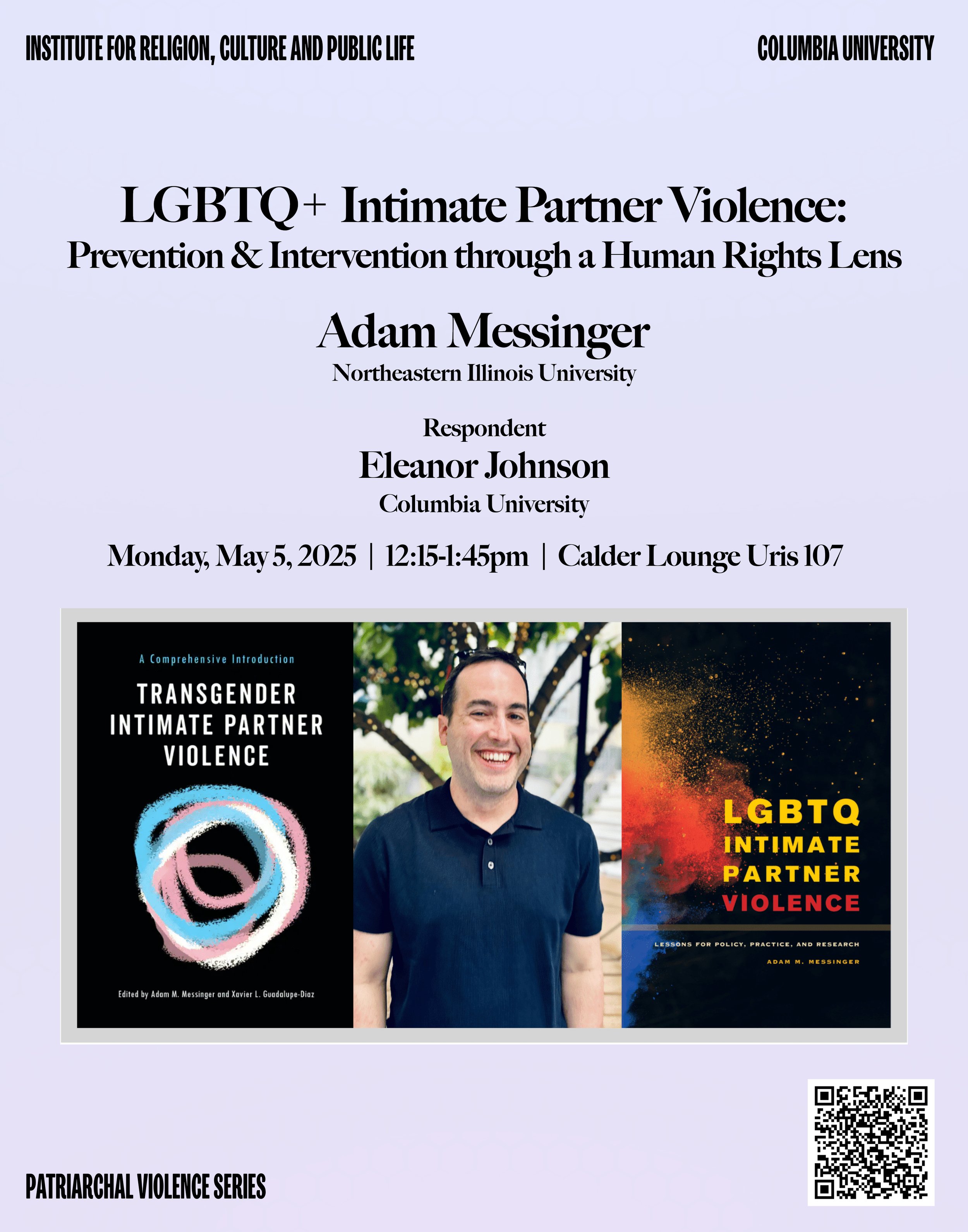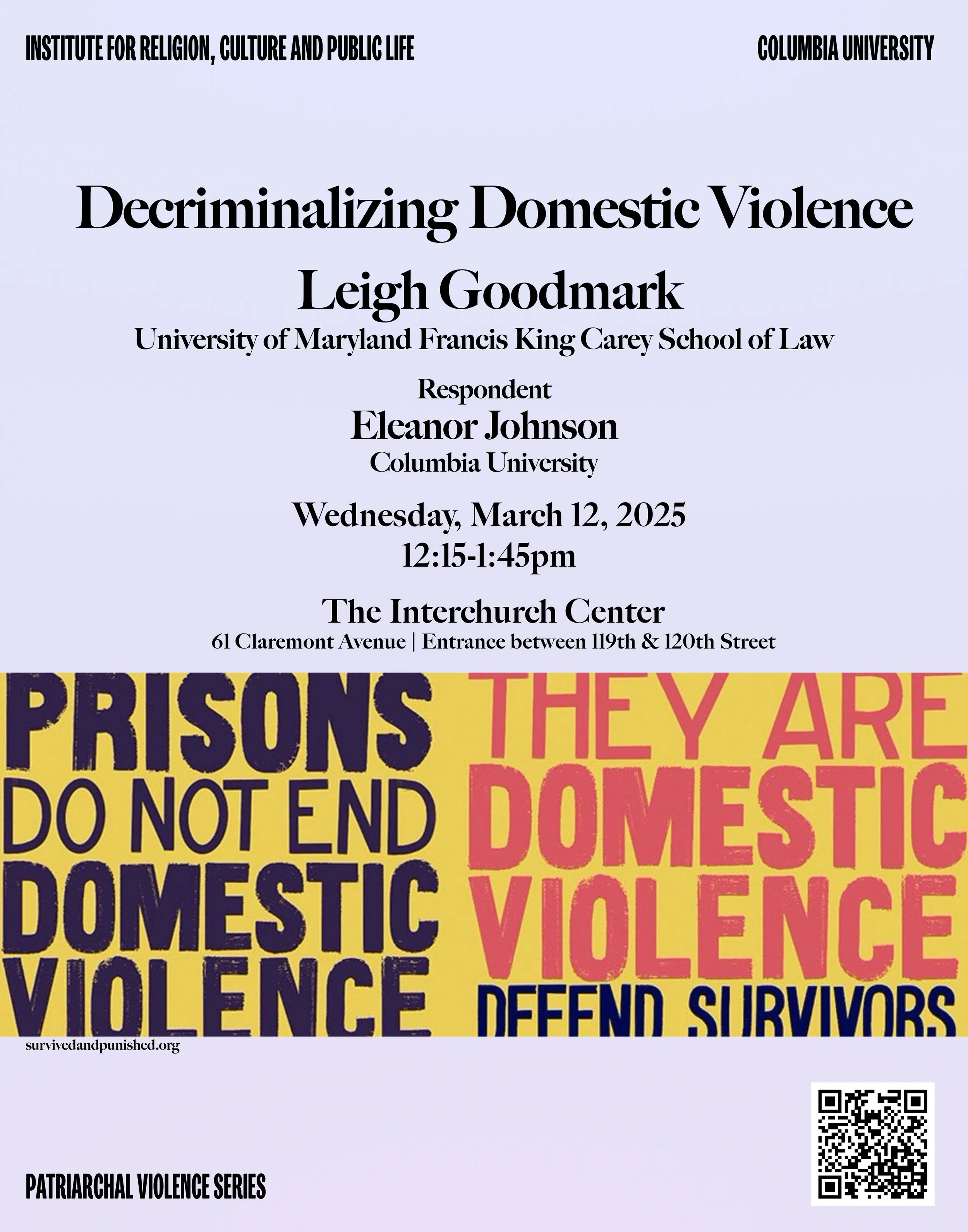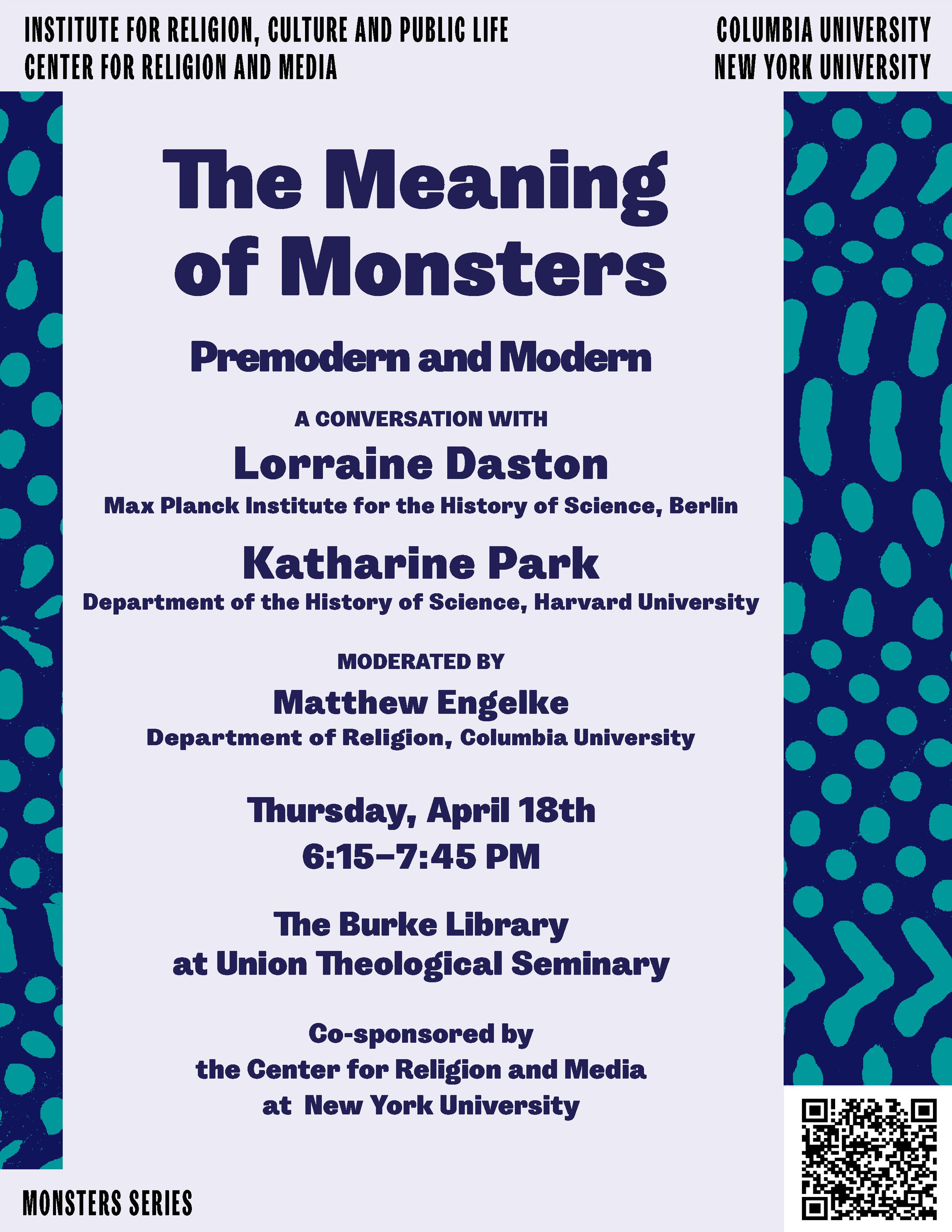
American Religion is... Local
From competing claims over authenticity to solidarities forged among neighbors, the notion of “the local” has long been a site of contestation, collaboration, and frankly, confusion. In a time of increasing boundary drawing, it is more urgent than ever to consider what we mean, enable, and foreclose when using the term local in relation to religion. This gathering brings together participants to consider the infrastructures—the relationships and resources—that shape local religious forms and engagement with communities in our own neighborhoods. Join IRCPL for a conversation with scholars and policy practitioners about building community based knowledge, and equitable and effective partnerships.































